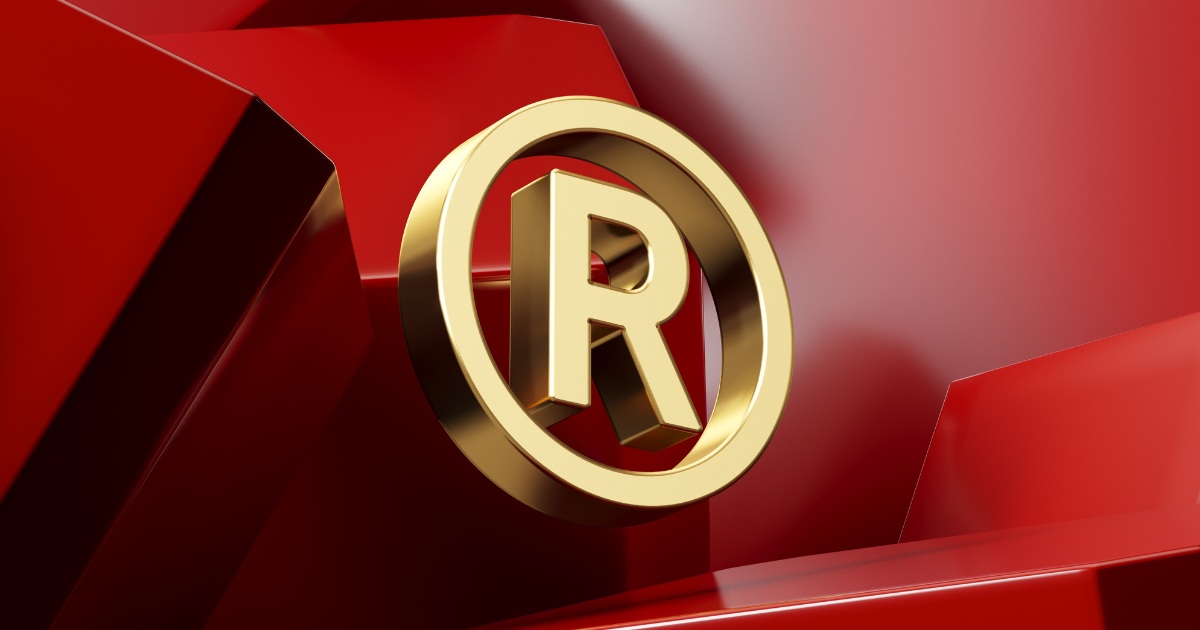In this article we will analyze a recent decision of the Fifth Board of Appeal of the European Intellectual Property Office (EUIPO) – case R 1364/2022 – concerning trademarks infringing on public policy and morality.
Analysis of the main facts: the brand name "Pablo Escobar"
On September 30, 2021, Escobar Inc. filed an application with the EUIPO to register the trademark “PABLO ESCOBAR”.
The preliminary examination was followed by the rejection of the mark as contrary to public policy and morality pursuant to Article 7(1)(f) of Community Trademark Regulation No. 1001/2017.
The applicant responded, albeit in vain, to the rejection, which was thus upheld by the Board of Appeals, whose decision is discussed in this article.
Claims presented by the trademark applicant
Following the initial rejection, the applicant presented some arguments in support of the trademark registration. More specifically, what the applicant argued can be summarized as follows:
- Pablo Escobar is not known for criminal activities. As a matter of fact, the public in the European Union generally associates his name with the zoo he built. As well, the nickname “Robin Hood” has been given to Pablo Escobar in many parts of Colombia and he has been responsible for building numerous schools and hospitals.
- Pablo Escobar has never received a conviction except for smuggling television sets into the United States. Precisely because there is no conviction for the murders, the principle of presumption of innocence (a fundamental principle in the European Union) applies.
- The EUIPO has granted registration to equally controversial trademarks, chief among them “PABLO EMILIO ESCOBAR GAVIRIA”.
The name “PABLO ESCOBAR” is registered as a trademark in both Austria and the United States. - The name must be registered in order to prevent the unauthorized use and exploitation of Pablo Escobar’s person by third parties unrelated to him.
These arguments were refuted by the Board of Appeals for the reasons we will explain below.
The violation of Article 7(1)(f) of Regulation 1001/2017
Article 7, para. 1(f) of the Community Trademark Regulation provides that “marks contrary to public policy or morality” shall be excluded from registration.
The principle behind this provision is to prevent the exploitation and protection of signs contrary to the values on which the European Union is founded, namely human dignity, freedom, equality and solidarity, as well as the principles of democracy and the rule of law, as proclaimed in the Charter of Fundamental Rights of the European Union.
The offensiveness of a sign must be assessed by considering the specific circumstances and public perception. When applying Article 7(1)(f) of Regulation 1001/2017, it is necessary to consider the criteria of the average consumer with an average threshold of sensitivity and tolerance. It is also necessary to consider that signs inconsistent with that standard may harm not only the sensitivities of the public for whom the goods and services are intended, but also those of other individuals who, without being interested in those goods and services, will incidentally come across that sign in their daily lives.
The reasons for the rejection by the EUIPO
The rationale behind the rejection of the mark is that the mark is obviously associated with the Medellin cartel, which is known for its criminal activities and drug trafficking. As a matter of fact, although, according to the applicant, there may be positive aspects associated with the person of Pablo Escobar (e.g., charitable actions, works of public interest) most consumers in the European Union will acknowledge him exclusively for the crimes he committed.
Although Pablo Escobar has never been convicted by any Colombian, U.S., or European court, the name is associated with the image of a criminal and drug trafficker because of the literature and films that have helped create that image in the eyes of the public. The lack of a conviction does not prevent the general public from associating the trademark applied for with a criminal.
The Board of Appeals recognizes that, in Spanish popular culture, the association between Pablo Escobar and his crimes is widespread, and, in order to reject the mark, it is sufficient that only in one member state is the sign considered as infringing on the fundamental principles underlying the European Union.
The presence in the official registers of other trademarks containing names of famous criminals who have gone down in history is also irrelevant. As a matter of fact, national decisions do not bind EU bodies because the EU trademark regime is autonomous and subject to specific legislation.
As such, precisely because the crimes associated with Pablo Escobar are contrary to public order and recognized moral principles, the trademark must be rejected on the grounds that the values and principles on which the European Union is founded prevent legal protection as a trademark and commercial exploitation of the name of the leader of a notorious group known for its indiscriminate mass terrorist acts, which killed and injured thousands of people.
Requirement of lawfulness and professional assistance
The “Pablo Escobar” trademark affair is a prime example of the importance of the requirement of lawfulness in the trademark registration process. This principle, based on the need to ensure that there is no conflict with public order or morality, must be properly assessed at the filing stage. A violation of this principle can lead to the rejection of the trademark application, with significant legal and economic repercussions.
The inherent complexity of the trademark registration process, which involves the evaluation of both technical and ethical and moral issues, enhances the importance of seeking professional advice before embarking on this process. An attorney specializing in trademark law can offer a comprehensive and thorough analysis of trademark registrability, considering the entire landscape of requirements under current law, including lawfulness. Adopting such an approach can prevent possible rejections and associated economic losses, while ensuring compliance with the fundamental principles and values of the European Union.
Hence, the assistance of a professional during trademark registration is not only an advisable choice, but a strategic investment in protecting one’s trademark and safeguarding the reputation of one’s business.
© Canella Camaiora S.t.A. S.r.l. - All rights reserved.
Publication date: 4 July 2023
Last update: 7 May 2025
Textual reproduction of the article is permitted, even for commercial purposes, within the limit of 15% of its entirety, provided that the source is clearly indicated. In the case of online reproduction, a link to the original article must be included. Unauthorised reproduction or paraphrasing without indication of source will be prosecuted.

Margherita Manca
Lawyer at The Canella Camaiora Law Firm, member of the Milan Bar, she specialises in industrial law.
